A hundred years from now, people still going to be talking about President Yahya Jammeh. He recognized that, as a poster child, he had become a symbol in which larger social, economic and political forces were condensed. As a person Yahya Jammeh lived in a way to anticipate his own commemoration.
In many ways referencing the past to bid for editorial prominences, using the past as a context to help explain a news event, and showing how people act in their everyday lives, sometimes very dramatic ways that incorporate a sense of past or future; journalism makes itself a vehicle or agent of political memory without the intention of commemorating. This article below was published eight years ago.
My archives reflections on personal, social, and political themes that have as much relevance today as they did in the era of the Yahya Jammeh’s rule.
First Published 2010
“Neither dictatorship nor democracy, paradise nor hell”
Alagi Yorro Jallow
Behind the tall white walls of the grandiose home belonging to the youngest-ruling president, ostriches, buffalo, camels and all kinds of livestock roam neatly landscaped lawns—part of a vast private complex said to include a crocodile wetland and lake topped with lotus flowers.
In a poverty-stricken shell of a city outside, where the poorest pick through garbage for scraps to eat, is a portrait of Shiekh Yahya Jammeh, in long robes, holding a copy of the holy Quran along with a sword and prayer beads. The image of a sultan, he is omnipresent—His Excellency Sheikh Professor Doctor Colonel Alhagie Yahya AJJ Jammeh). He gazes solemnly from public building facades, beams proudly from ubiquitous billboards, and is woven into the fabric of countless green shirts worn from the coast of Banjul to the farthest reaches of the forested interior. He is referred to locally as Jilinka or Babilimansa.
He might be young in age—only 44—but he is larger than life in The Gambia, the West African nation he has ruled for 15 years.
Jammeh will soon be joining the list of longest-ruling heads of state, not counting the monarchs of Britain and Thailand, after Cuban dictator Fidel Castro, who served 49 years in power.
When he came into power, Yahya Jammeh became the youngest-ruling head of state. At age 29, he toppled the 30-year-long government of Sir Dawda Kairaba Jawara’s People’s Progressive Party (PPP) government, and thereby ended one of Africa’s longest-standing multi-party democracies. The Gambia was viewed (along with Botswana and Mauritius) as an “exception” on an African continent where authoritarianism and military regimes have been the norm. Apart from the aborted coup of 1981, The Gambia had enjoyed relative peace and stability since it attained independence from Britain in 1965.
Before Jammeh’s rule, The Gambia was known as the “smiling coast,” a place of sunshine, welcome and real generosity by its people. It became the home of the African Commission on Human and People’s Rights and headquarters of the African Center for Democracy and Human Rights Studies. It was the bastion of democracy in a continent beset by military takeovers and despotic regimes.
Unfortunately, all of that changed in July 1994, after the coup led by Jammeh. Most Gambians genuinely fear the 44-year-old autocrat, and there is little opposition to him—many accept his rule because he has kept his country remarkably peaceful, though to do so he has governed with sustained brutality characteristic of many other dictators.
“Allah brought him to us, and only Allah can call him away,” said Taxi man Momodu Lamin. “For us, there is only Yahya. He is irreplaceable.”
Momodu Lamin lives in the president’s native Kanilai, a tiny village rising out of jungle greenery at the end of a freshly paved road complete with high-wattage, functioning light poles—luxuries rare in most of Gambia’s undeveloped interior.
Gambia is not the only country that has faced oppressive leadership. In its struggle to stabilize after becoming independent of colonial rule in the 1960s, Africa has suffered its share of “Big Men,” many of whom use fear, patronage and rigged elections to cling to power. A few are still around, chiefly in Africa, such as Libya’s Moammar Gadhafi and Zimbawe’s Robert Mugabe, as well as Equatorial Guinea’s Teodore Obiang and Angola’s Jose Eduardo dos Santos.
Like many of the continents’ “Big Men,” Jammeh has displayed plenty of dictatorial tendencies. His government has jailed journalists who dared criticize him personally and has cowed most of the rest into self-censorship. The Gambia’s prisons are filled with political prisoners, and rivals to the regime disappear or turn up mysteriously dead in the night.
Jammeh “attacks his opponents by bringing them into his fold, offering them top posts, giving them a piece of the pie,” said a political science professor at the Gambia University who asked to remain anonymous. “He’s like a boa constrictor. He suffocates his prey until it’s weak, then swallows it.”
A prime example of this phenomenon is found in Lamin Waa Juwara, Jammeh’s principal opponent in the last elections. He is now serving Jammeh as Governor in the Lower River Division. He is a member of Jammeh’s party, and Gambian journalists say he doesn’t speak out much anymore.
“It’s belly politics,” the professor said. “If you don’t go along, you don’t eat.”
Gambia is faced with many other challenges under the current rule. The country is ranked 168th place among countries in sub-Saharan Africa on the UN Human Development Index, which measures literacy, education and other markers of national well-being. It puts Gambia amongst the lowest on the socio-economic development index.
The most vocal critics today of the regime are from an Internet forum called The Gambia-L, as well as from several newspapers, including the Gambia Post, Freedom Newspaper, Gambia Journal, Senegambia, and Gainako—most of the critics of the Gambia-L and Post (there’s no sign of some of them).
Gambia today is “neither dictatorship nor democracy, neither paradise nor hell,” said Alhagie Jaye, an activist currently living in New York. “We are something in between.”
Jammeh turned civilian after two years of military rule, and polls since then have been marred by allegations of election rigging and corruption. In addition, Parliament—dominated by his supporters—removed presidential term limits from the constitution.
Gambia is considered one of the smallest nations in sub-Saharan Africa, and Jammeh has built a vast system of patronage, doling out money generously in part through salaries and benefits that come with Cabinet posts. Unlike other West African countries, Gambia has always managed to pay its civil servants and has provided for its government officials every young Gambian’s dream—to be driving a Mercedes Benz or an SUV 4X4 or the American-made Hummer, to be a bureaucrat in a suit, walking air-conditioned halls insulated from the heat and poverty found just outside.
Ebrima Cham, a pro-Jammeh politician, acknowledged that “Gambia has its problems. There are poor roads, not enough schools, too much unemployment, but we have to fix things on our own time, in our own way—peacefully—not through war.”
“At least I can go to sleep without fearing my life,” he said. “In this part of Africa, there’s something to be said for that.”
Jammeh is regarded by some Gambians as “the devil they know.” While many would like to see change, they ‘re also afraid things could get a lot worst if he goes.
“There could be a catastrophic struggle for power—everybody fears that,” said journalist Yorro Jallow of the banned Independent newspaper, who was detained for days in 2003 after publishing an editorial titled “Who Owns Account No. 010010873901.” Another editorial that got the same journalist in trouble was entitled “Jammeh Pressed Over Missing Oil,” an article about the discovery of a secret supply of crude oil sent to The Gambia from Nigeria on concessionary terms where the proceeds of which were not reflected in the national budget.
At the main garbage dump in Bakoteh not far away from Banjul, some scavengers assaulted a pile of fresh trash. A man in a torn black kaftan plucked a tub of curdled apricot yogurt from the rubbish and gulped it down. A 34-year-old father found a broken clock he hoped to sell to help put his daughter through primary school.
Jammeh, by contrast, has amassed a fortune that makes him one of Africa’s richest men—nobody really knows how much he is worth, but there have been some indications of his vast wealth. Media reports have declared that he owns abundant real estate in Morocco and that he owned many businesses in The Gambia. He has also been accused of having opened several Swiss bank accounts, according to his former spokesperson, Ebou Jallow.
That Jammeh is likely to remain in power for the foreseeable future seems to be accepted by a population that regards him as the ultimate village chief. “Gambian culture dictates that you respect your elders,” said Jaye. “You can’t say ‘no’ to somebody who is your leader.”
Jammeh is our leader, “so most people just suffer in silence. ‘Gambia? No problem,’” he said. “The problem is Gambians don’t dream anymore, and when you don’t dream, your country is in trouble.”

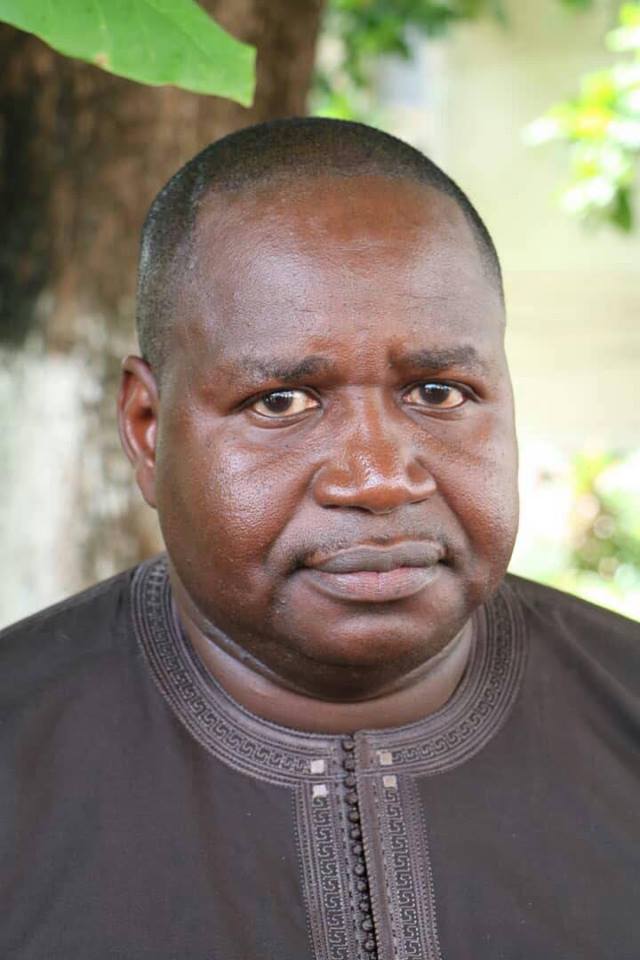
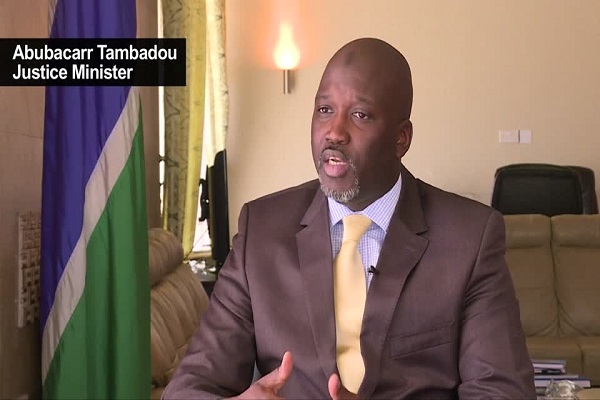

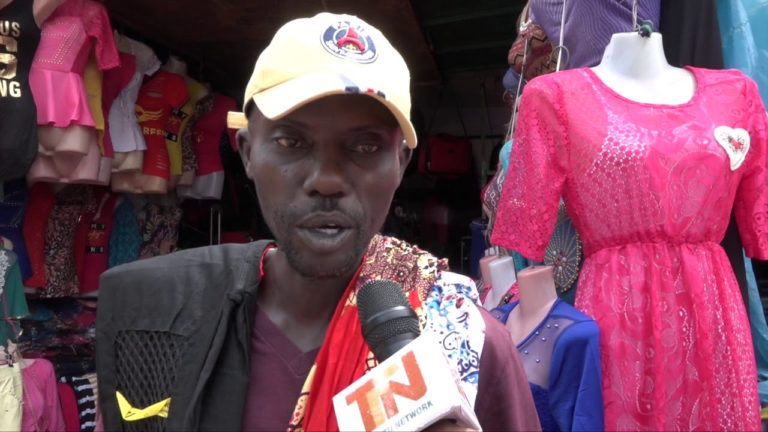

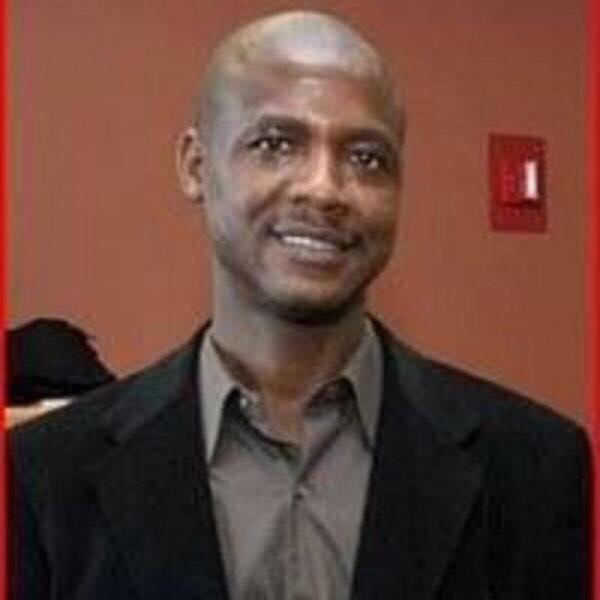
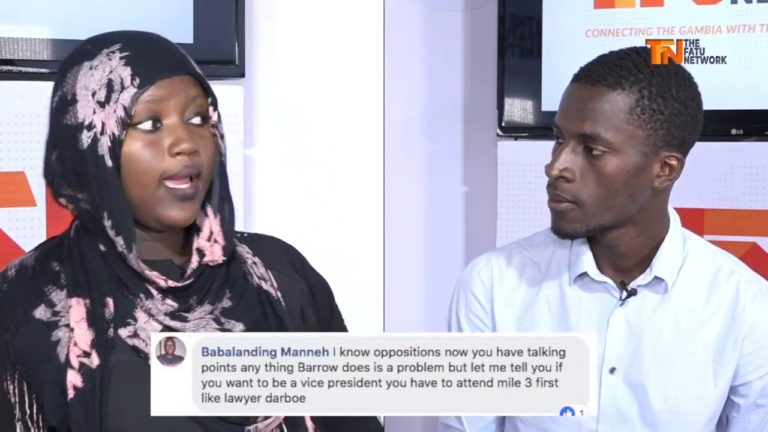
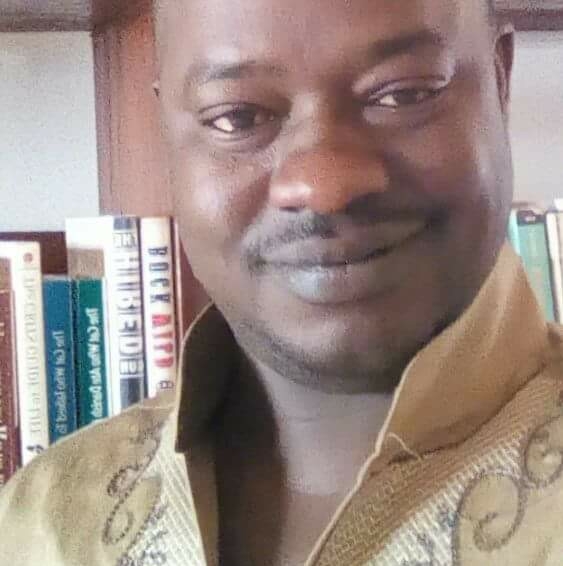
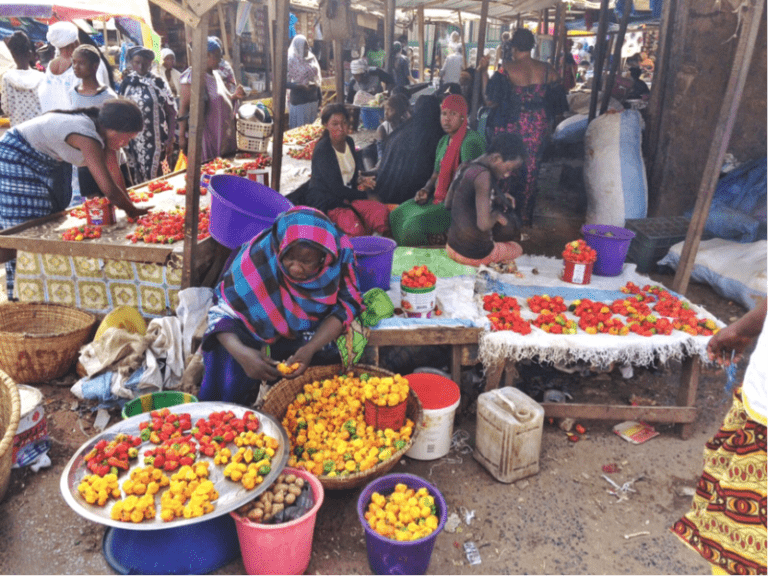
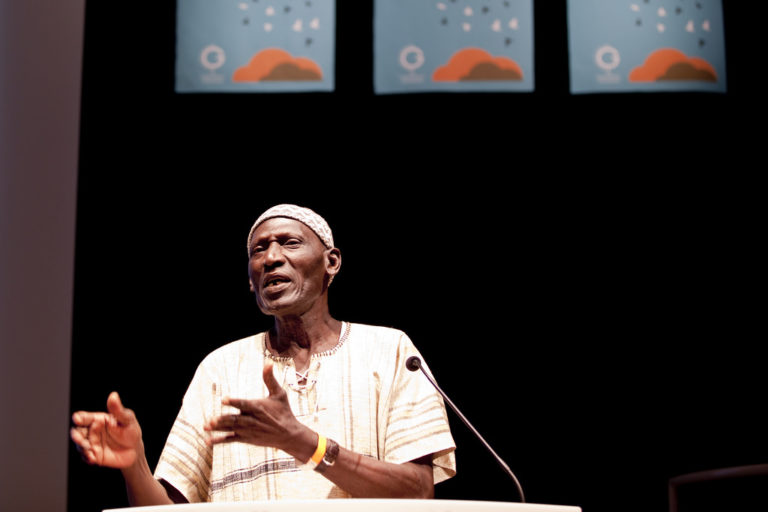
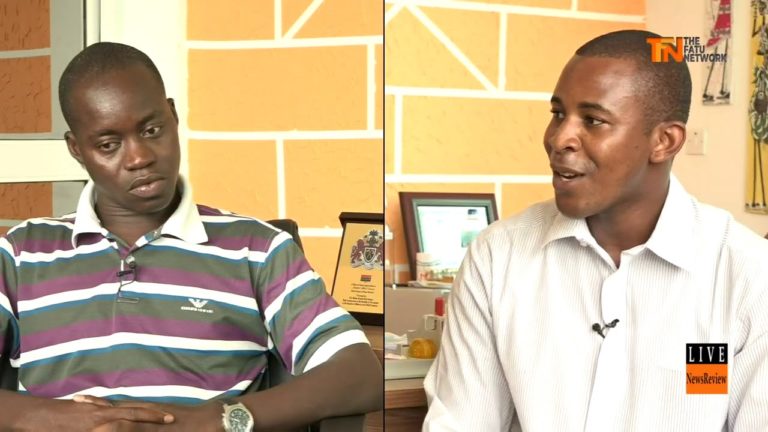


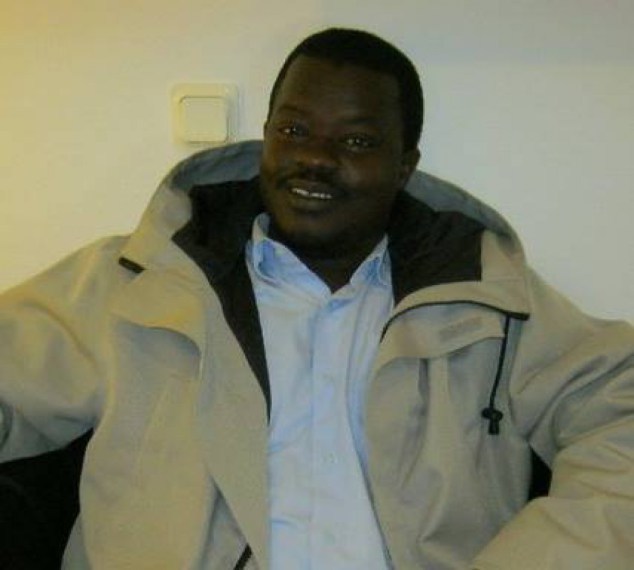
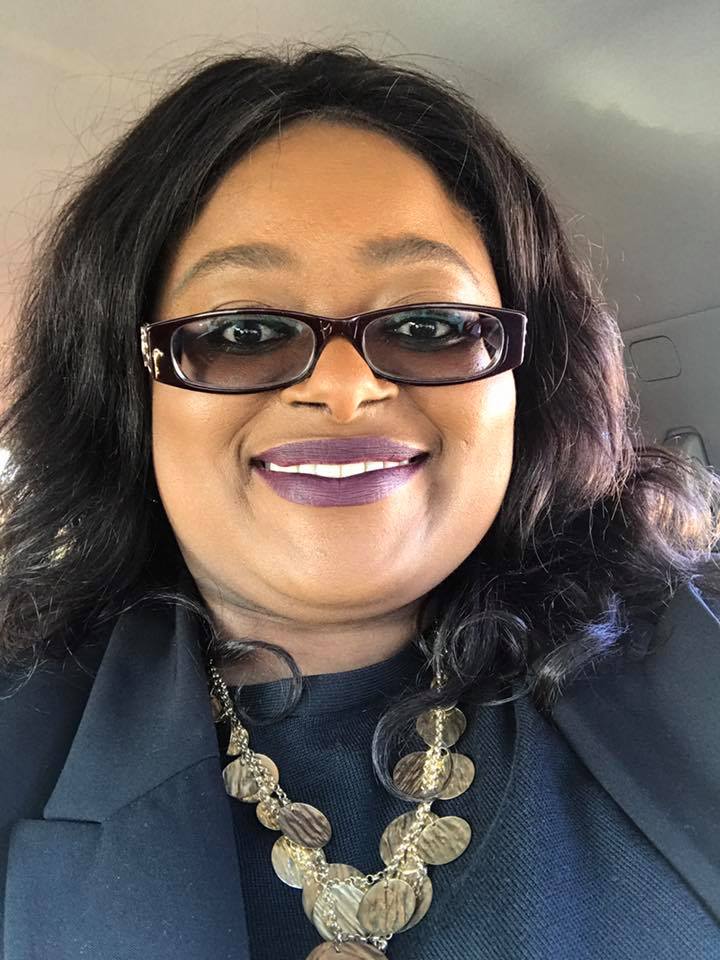
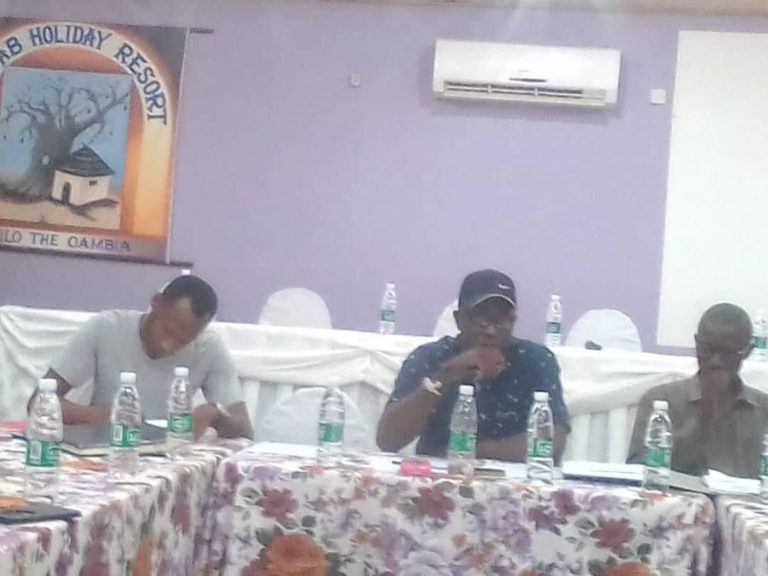

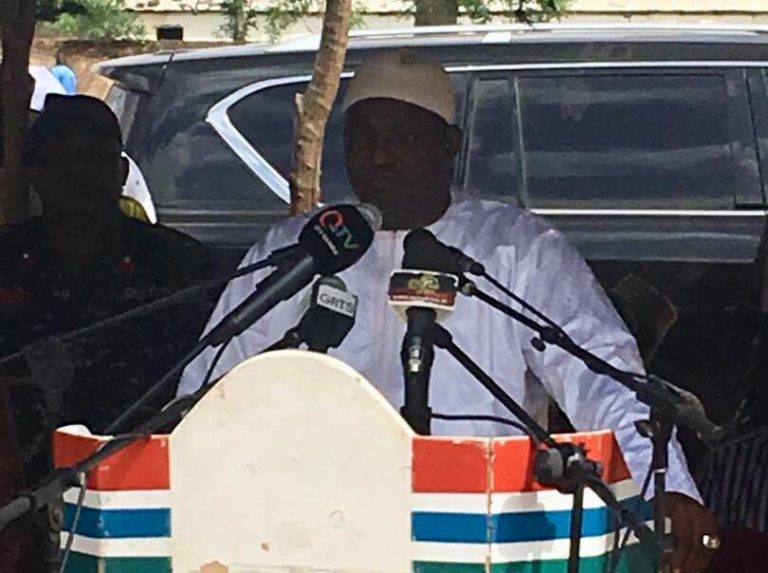
All religions, including non-believers, are equal and safe in this Country – President Barrow
Bwiam, Foni Kansala, 24thJuly 2018
President Adama Barrow has reaffirmed the commitment of his government to the promotion and advancement of religious tolerance and equality in the country. At a meeting in Bwiam, Foni Kansala, as part of the ongoing nationwide tour, the President said, from the onset, the government has always adhered to the practice of religious freedom and equality for all people of faith, including non-believers, as guaranteed by the constitution of the Gambia.
”We have different kinds of faith groups in this country, including atheist and followers of the African Traditional religion. We do not discriminate against any one religion because they are all part of my family, the Gambian family. All religions are equal in this country and I treat everyone equally. Even in my Cabinet, I have Christians that I have so much respect for”.
While saying that all religions and faith groups are safe to practice and have been catered for in the development strides of the government, President Barrow reemphasized that ”we are one people, and that tribes and ethnicities are not important”.
He added that he would remain committed to strengthening the secular republican status of the country, pointing out that was why within one week of assuming power, he reversed the declaration of Islamic statehood that was proclaimed over the republic by the former regime.
President Adama Barrow made these statements in response to what he called ”detractors and hate mongers” that are bent on planting the seeds of religious discord and conflict in the minds of unsuspecting Gambians by twisting his comments about the Barrow Youths for National Development.
Clarifying that funds from the Brussels conference will not be used by any non-government organization to promoting any one religion, he said the speculators and hate peddlers deliberately picked on the mosques construction issue to bring misunderstanding in the public. The President said he was shocked to learn in the media that he was engaged in promoting one religion against others or threatening Christian minorities.
Addressing the issue of the Barrow Youth Movement for National Development, he described them as a youth group that meaningfully wants to support his government’s development agenda. He was quite unequivocal in stating that he would embrace any other organization or individual that is serious about supporting progress and development of the country.
“I am open to anyone who wants to join me in national development. It’s in that spirit that we provided vehicles for all National Assembly Members, including the opposition, to honor and dignify the national office that they occupy. The vehicles would facilitate their movement and they don’t have to join passenger vehicles to get to work’’.